
By MARTHA NAKAGAWA, Rafu Contributor
Takayo Rose Matsui Ochi, an attorney, civil rights activist and political strategist who shattered numerous glass ceilings such as becoming the first Asian American woman commissioner on the Los Angeles Police Commission and the first Asian American woman assistant attorney general, passed away on Dec. 13, two days shy of her 82ndbirthday.
Ochi’s formative years locked up in a U.S.-style concentration camp and facing overt racism and sexism motivated her to challenge unfairness and injustice throughout her adult life. She embodied the concept of racial and gender uplift, as she hired and encouraged people of color and women in whatever position she was in.
Ochi was the third of four children born to Yoshiaki Roy and Mutsuko Grace Matsukawa Matsui, both from Kumamoto Prefecture. While most Nikkei babies at that time were delivered at home by a midwife, Ochi was born at the historic Japanese Hospital in East Los Angeles.
When Ochi was three, the U.S. entered World War II and President Franklin Roosevelt signed Executive Order 9066, authorizing the forced removal and incarceration of Japanese Americans living on the West Coast.
The Matsui family spent six months at the Santa Anita Detention Center before being shipped out to the Rohwer War Relocation Authority camp in Arkansas. At Rohwer, a Caucasian teacher lined up Ochi’s class and gave all the Nikkei students English names. This incident where Ochi went from Takayo to Rose would have a lasting painful impact on her.
At the end of the war, Ochi’s parents faced deportation since they had come to the U.S. under a business visa, which stipulated that they had to be running a business in order to remain in the U.S., an impossible feat since they had been incarcerated. While the parents fought deportation proceedings in San Francisco, they left the children in Elko, Nevada, under the care of a paternal uncle.
At Elko, Ochi had racial slurs and snowballs hurled at her by soldiers returning from the war. Another time, the teacher gave her soap and told her to go wash her mouth out for accidentally uttering a Japanese word.
Once Ochi’s parents had their deportation orders overturned with the help of ACLU lawyers, the family returned to East Los Angeles.
Ochi came of age at a time when people of color, particularly women, were not expected to pursue higher education, but she skipped two grades and was inspired to enroll in college, after participating in UCLA’s UniCamp, a program to motivate underserved children to develop leadership skills and to expand their horizons.
In 1959, Ochi ran for Nisei Week Queen only because she knew her mother wanted to visit relatives in Japan but the family could not afford such a luxury and the grand prize for winning the pageant was a trip to Japan. Ochi didn’t win, but years later, she fulfilled her mother’s wishes to visit her homeland by buying her a plane ticket.
That same year, she graduated from UCLA and returned to East Los Angeles to teach at Stevenson Junior High School, her alma mater, after short stints at University High and in the Montebello Unified School District.
She was cast in the 1961 musical film “Flower Drum Song” but pulled out when she saw the racy costume she would have to wear.

In 1963, she married Thomas Ochi. She was grateful that her husband never discouraged her from switching careers from teaching to law.
Ochi decided to become a lawyer after witnessing the student walk-outs by the Latinx community in East L.A. during the 1960s. She understood her students’ anger over lack of quality education and opportunities since she herself had experienced it.
She graduated from Loyola Law School in 1972 and was accepted into the California Bar that December. She turned down a job with the U.S. Attorney’s Office as a prosecutor and opted to accept a Reginald Heber Fellowship at the University of Southern California Western Center on Law and Poverty, where she was co-counsel on a landmark education reform case, Serrano vs. Priest.
After the Serrano victory, Ochi decided she wanted to go into public policy to learn how to create legislation. She was recruited by Terry Hatter to join Mayor Tom Bradley’s administration, and within a year, she became director of the city’s Criminal Justice Office.
In 1973, she developed the Use of Force Policy after Eula Love, an African American woman, was shot and killed by the LAPD. She also advised Bradley on the Blake consent decree, which was instituted to increase more hiring of women and officers of color within the LAPD. Additionally, she oversaw the development of various divisions, including juvenile and gang diversion, drug abatement and the domestic violence prosecution units.
During this time, she turned down a judicial appointment because she felt it would restrict her community and political advocacy work. At the same time, she became the first woman of color to sit on the Los Angeles County Bar’s Board of Trustees.
She gained a reputation for being tough as she sparred with then-LAPD Chief Ed Davis, and her reputation reached Washington, D.C., where she was asked to sit on President Jimmy Carter’s Select Commission on Immigration and Refugee Policy (SCIRP).
Through her activities with SCIRP, she made key contacts with power brokers, which became useful when the redress movement started gaining momentum.
As SCIRP was winding down, the Commission on Wartime Relocation and Internment of Civilians was being formed. Ochi called Joan Bernstein, who was to head the CWRIC, and encouraged her to hire on many of the SCIRP staff. She also recommended the hiring of Aiko Herzig Yoshinaga, who would go on to uncover groundbreaking documents that would help win redress for Japanese Americans unjustly incarcerated during World War II.
While still a Reginald Heber Fellow, Ochi had been approached by Sue Kunitomi Embrey, chair of the Manzanar Committee, to help incorporate the fledging organization as a nonprofit and to have Ochi serve as its pro bono lawyer. Ochi would go on to partner with Embrey for the next 35 years to help establish Manzanar as a national historic site.
At that time, the land occupied by Manzanar was owned by the powerful Los Angeles Department of Water and Power (DWP), which resisted handing over the property to make way for a federal park. Although Ochi had Bradley’s support, she faced fierce opposition from the city’s deputy mayor, who later headed the DWP. At one point, Ochi and her staff were moved out of City Hall and banished to an outlying building.
During the 1980s, Ochi was tapped by the Japanese American Citizens League to help with the redress campaign. To that end, Ochi made sure to push for support for Manzanar and the redress bills whenever she was on business in Washington, D.C.
Ochi became forever associated with the redress bill when President Ronald Reagan acknowledged her by name in his speech before he signed the Civil Liberties Act of 1988.
During the Clinton Administration, Ochi was appointed to the associate director of the White House Office of National Drug Control Policy. She oversaw the High Intensity Trafficking Area model program, which developed innovative projects such as the “Break the Cycle” drug intervention plan.
In 1997, President Bill Clinton named Ochi as director of the Community Relations Service at the Department of Justice. She was unanimously confirmed by the Senate to this position, becoming the first Asian American woman to serve at the assistant attorney general level. She represented the DOJ on the President’s Initiative on Race White House Task Force and partnered with the President’s Hate Crime, Race and Justice Initiative and Church Arson efforts.
Attorney General Janet Reno recognized Ochi with the Exceptional Service Award on Ochi’s last day at the DOJ.
Upon her return to Los Angeles, Ochi was appointed to the Police Commission, becoming the first Asian American woman police commissioner. She worked on a number of major policies, including the compressed work schedule and discipline system.
In 2002, she became the executive director of the California Forensic Science Institute at California State University, Los Angeles.
After her retirement, Ochi continued to be active in the community. As a Friends of Manzanar volunteer, she helped raise funds to build Block 14 at the Manzanar National Historic Site.
She was also involved with the community effort to designate Tuna Canyon, a former World War II detention center, as a Los Angeles Historic Landmark. A community coalition had asked Los Angeles Councilmember Richard Alarcon to introduce a motion to support the landmark designation, but the motion faced opposition from a development company that wanted to build housing on the site.
Ochi was still politically connected in City Hall and had close ties to Alarcon, whom she had hired decades earlier as a staff member to the juvenile diversion program. The motion passed unanimously when it was brought before the City Council.
She is survived by Thomas Ochi, a retired architect. She was always appreciative of her husband for treating their marriage as a partnership, at a time when women were viewed as nothing more than housekeepers.
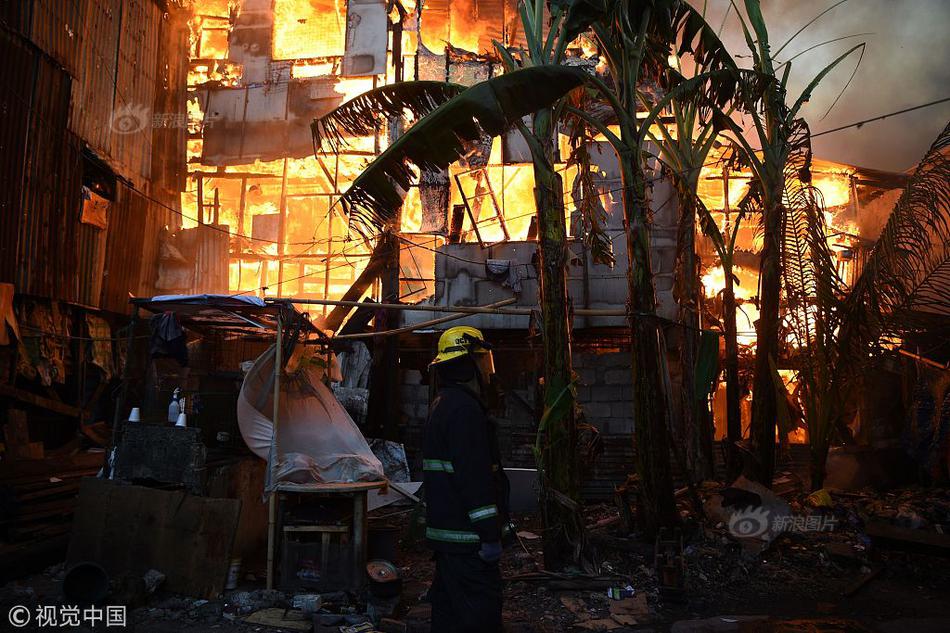 ScreaM покинул Team Liquid
ScreaM покинул Team Liquid
 Sperm counts are dropping in the West, but no one is quite sure why
Sperm counts are dropping in the West, but no one is quite sure why
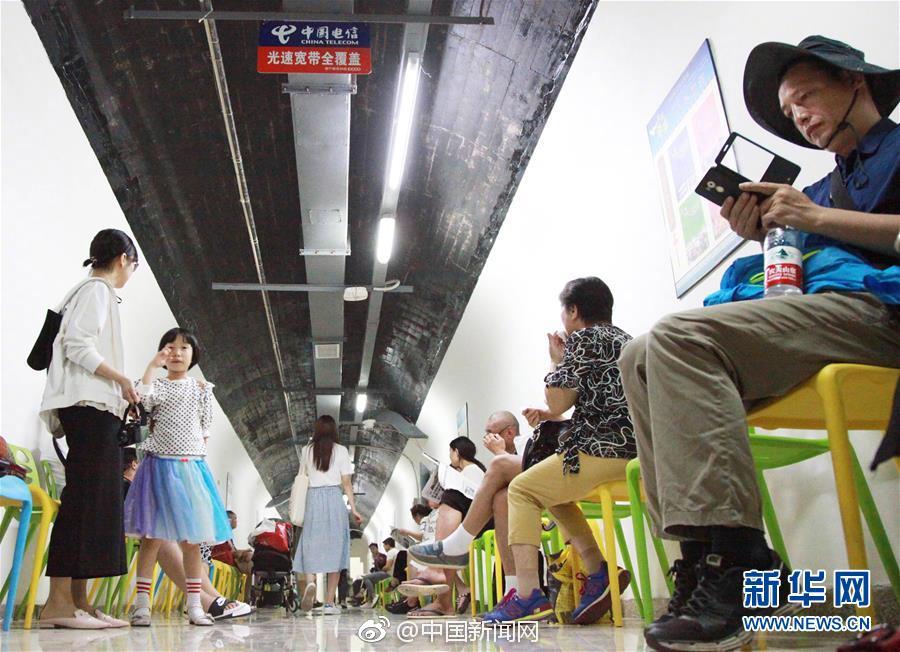 John McCain, ever the political dramatist, has always understood the value of TV comedy
John McCain, ever the political dramatist, has always understood the value of TV comedy
 This adorable couple chronicled their entire relationship on one romantic Twitter thread
This adorable couple chronicled their entire relationship on one romantic Twitter thread
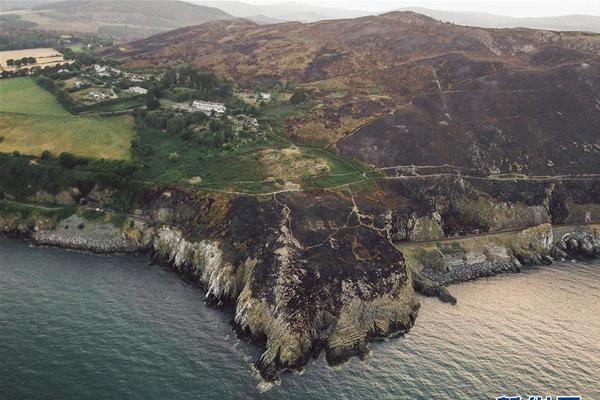 10 Electronic Devices That Are Nearly Impossible to Repair
10 Electronic Devices That Are Nearly Impossible to Repair
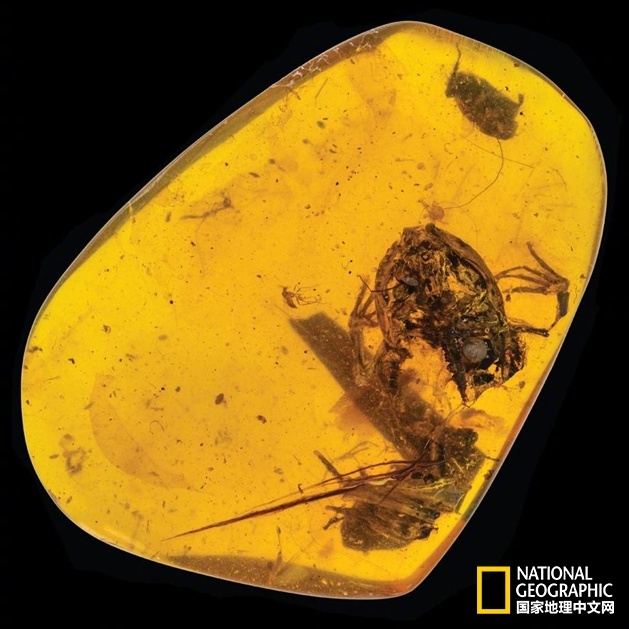 Doctor takes a break from giving birth to deliver another baby
Doctor takes a break from giving birth to deliver another baby
 Troop 6000 brings the Girl Scout experience to homeless girls of NYC
Troop 6000 brings the Girl Scout experience to homeless girls of NYC
 Chrissy Teigen joins the ranks of those who have been blocked by Donald Trump on Twitter
Chrissy Teigen joins the ranks of those who have been blocked by Donald Trump on Twitter
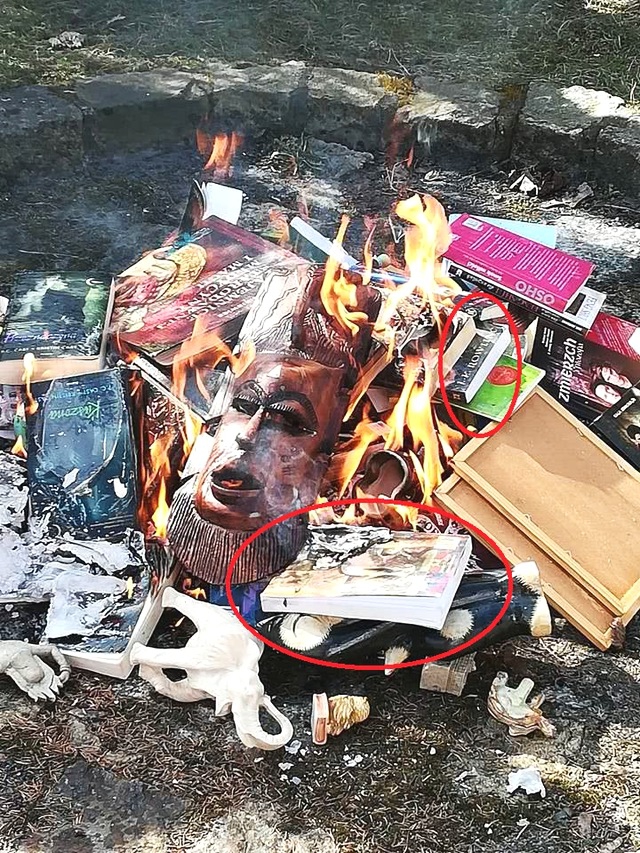 Very tired bear holds up bathroom line by napping on the sinks
Very tired bear holds up bathroom line by napping on the sinks
 Trump talks about being on Mount Rushmore, internet has a blast
Trump talks about being on Mount Rushmore, internet has a blast
 Watch a reporter's close call with a lightning strike on camera
Watch a reporter's close call with a lightning strike on camera
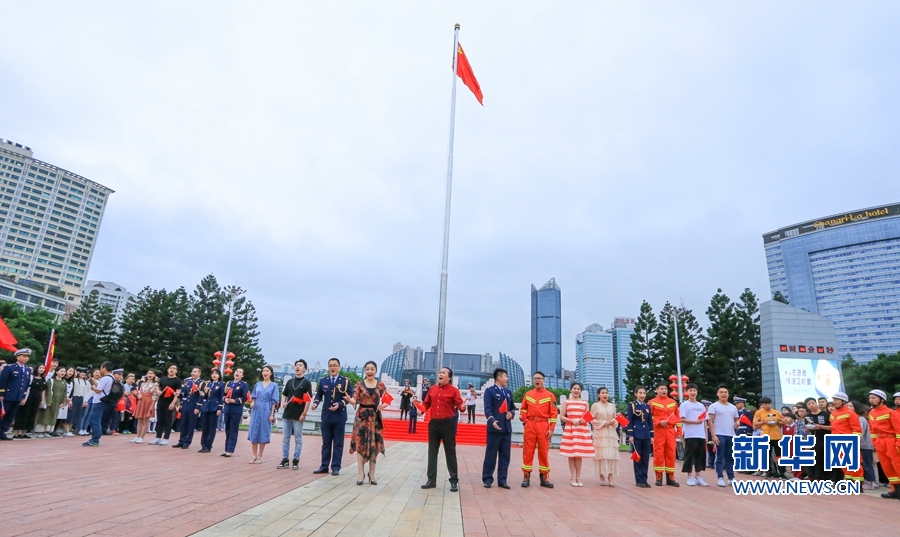 What is an Airbnb 'superhost' exactly? It has to do with hospitality, not safety
What is an Airbnb 'superhost' exactly? It has to do with hospitality, not safety
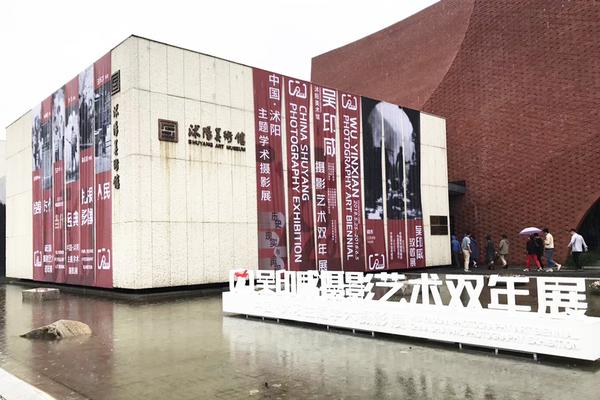 Seal pup found on farm is a long, long way from home
Seal pup found on farm is a long, long way from home
 British politicians' official portraits get the inevitable caption treatment
British politicians' official portraits get the inevitable caption treatment
 Forget Peloton. All you need to get pedaling is this $140 under
Forget Peloton. All you need to get pedaling is this $140 under
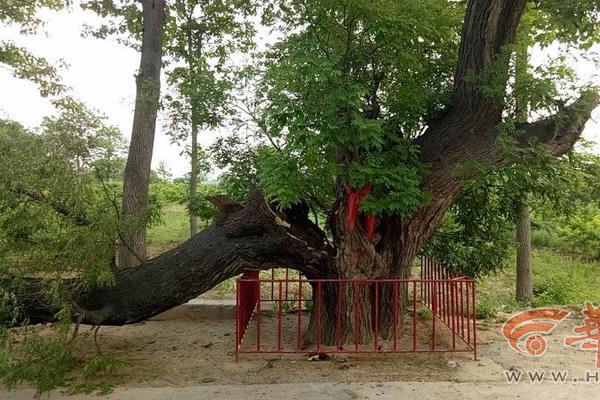 These memes are far tougher on Jared Kushner than any GOP Senator
These memes are far tougher on Jared Kushner than any GOP Senator
 People are disturbed by this Instagram video of a shark being dragged by a speedboat
People are disturbed by this Instagram video of a shark being dragged by a speedboat
 Trump announced a new chief of staff with a tweet and a;ldsfjalsd;fjsa
Trump announced a new chief of staff with a tweet and a;ldsfjalsd;fjsa
 5 ways AI changed the internet in 2023
5 ways AI changed the internet in 2023
 Guy scored his first Tinder date using a poem and we are as surprised as he is
Guy scored his first Tinder date using a poem and we are as surprised as he is
SpaceX Inspiration4 video has stunning orbit views and a floating alien cameoBest Dyson deal: Get a refurbished Airwrap or Airstrait for under $250Wordle today: The answer and hints for October 15Best MagSafe charger deal: Get the 25W MagSafe charger for just $29 at Amazon.Shop Beats headphones and speakers up to 55% off at AmazonThe DeSantis SchoolArkadium mini crossword answers for October 15Bees scream like mammals when giant hornets attackSpaceX Inspiration4 mission shares first dazzling photos from orbitWordle today: The answer and hints for October 15 Best kids deal: Save 22% on the Kindle Paperwhite Kids Barons of Crap Certain Unflattering Truths Lazada lays off 20% of its headcount in latest overhaul: report · TechNode Too Close to Call Lies, Damned Lies, and Recycling Dada identified “suspicious practices” in internal audit, shares slump · TechNode Stellantis The curious case of Robin Hood's missing intro on Amazon Best Fire TV Stick deal: Save $20 on 4K Max streaming stick
0.2275s , 14473.3125 kb
Copyright © 2025 Powered by 【red leather jacket fetish sex videos】Enter to watch online.Rose Ochi, 81; Attorney, Civil Rights Leader,